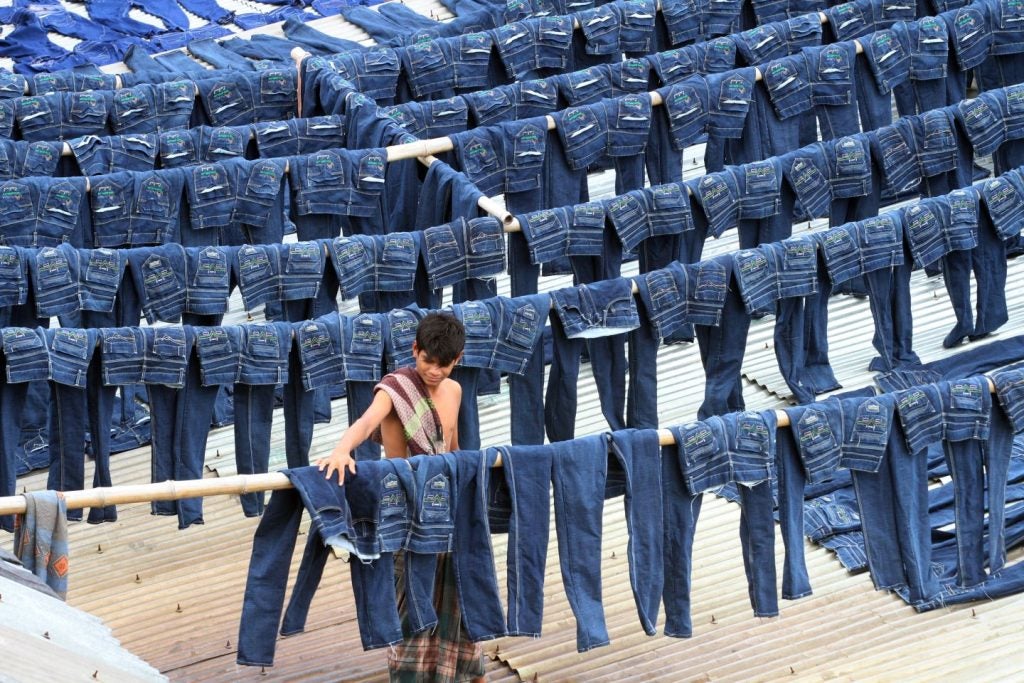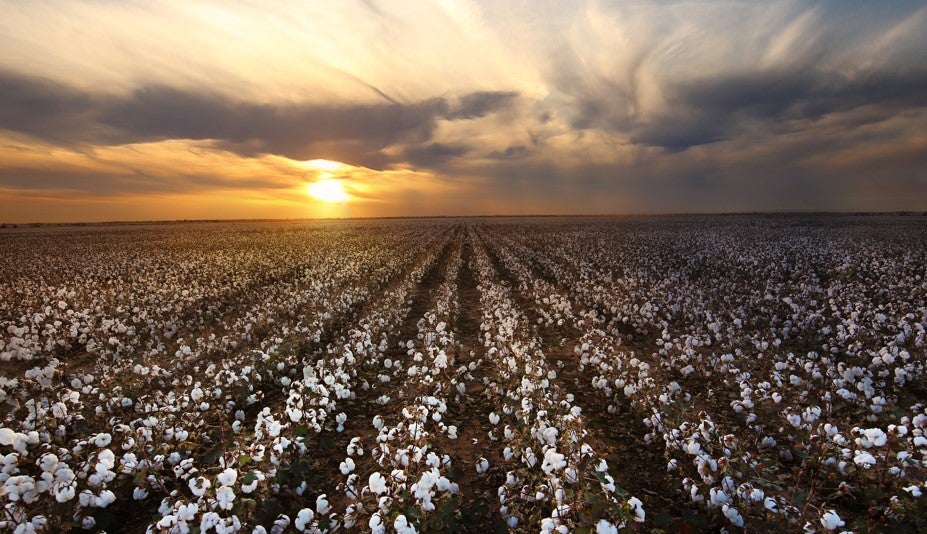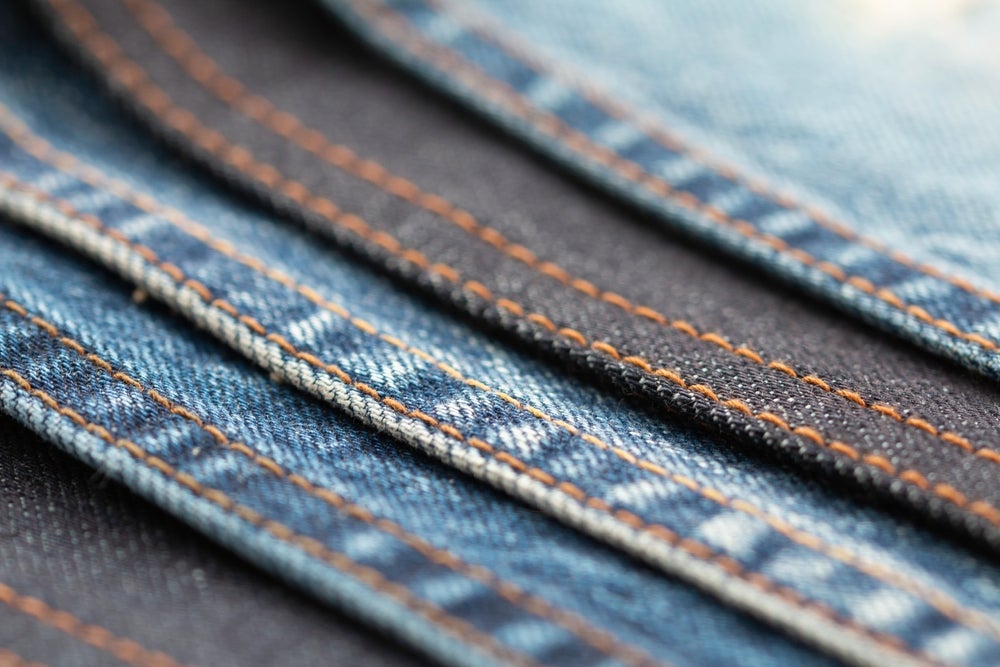The SAC 2023 Annual Meeting, held on 26 September in Boston, MA, and supported by the Global Fashion Agenda attracted over 500 participants, both in person and virtually, from various sectors of the fashion and apparel industry.
The event commenced with an opening address by Amina Razvi, CEO of the SAC, who advocated the critical importance of collaboration in achieving industry objectives, including a 45% reduction in greenhouse gas emissions by 2030.
Several important announcements were made during the 2023 SAC Annual Meeting including:
- The SAC revealed a partnership with the International Apparel Federation (IAF), focusing on advancing equitable and sustainable global supply chains within the industry.
- They introduced the Manufacturer Climate Action Program (MCAP), designed to assist manufacturers in initiating their journey towards decarbonisation.
- Results from an independent review of the Higg Index, a suite of tools enabling informed decision-making and the creation of more sustainable products, were shared.
- SAC highlighted strategies aligned with its updated strategic plan, unveiled during New York Climate Week.
A plenary panel featured prominent figures such as Jeremy Lardeau, vice president of the Higg Index at the SAC; Dr. Delman Lee, vice chair at TAL Apparel Limited; Krishna Manda, vice president of corporate sustainability at Lenzing Group; and Sean Cady, vice president of global sustainability, responsibility, trade, and government affairs at VF Corporation.
The panel delved into the SAC's revised strategic plan, focusing on its three pillars: combat climate change, decent work for all, and a nature-positive future.
Throughout the event, various presentations and discussions explored these pillars in-depth. Topics included partnerships to achieve industry goals, systematic decarbonisation, responsible purchasing practices, occupational health and safety standards, and the evolution of the Higg Product Tools.
Themed "Evolution for Impact," the event aimed to foster collaboration among stakeholders across the value chain to drive positive outcomes for both people and the environment.
Razvi emphasised the importance of achieving concrete results rather than just having good intentions. Additionally, she shared that more than 50% of the members of SAC have committed to implementing Science-Based Targets (SBTs) for reducing greenhouse gas emissions, which will be required for all members by 2023 as part of the Decarbonisation Plan.
The SAC also introduced newly elected board members and leadership, including Harsh Saini, executive vice president of group sustainability and government/public affairs at the Fung Group, and Amanda Tucker, vice president of responsible sourcing and sustainability at Target Corporation.
The board leadership now includes chair Tamar Hoek, senior policy director of sustainable fashion at Solidaridad Network; vice chair Krishna Manda, vice president of sustainability at Lenzing Group; and Amanda Tucker, who will serve as secretary.
Key sponsors for the event included Target Corporation, Lululemon, REN Energy, and Worldly, an impact intelligence platform exclusively licensed to use the Higg Index tools.
Shyla Raghav, Time's chief climate officer, concluded the event with a keynote, stressing that climate change is evolving from a “niche function to a core one”, and the future of the fashion and apparel industry is already in motion.















